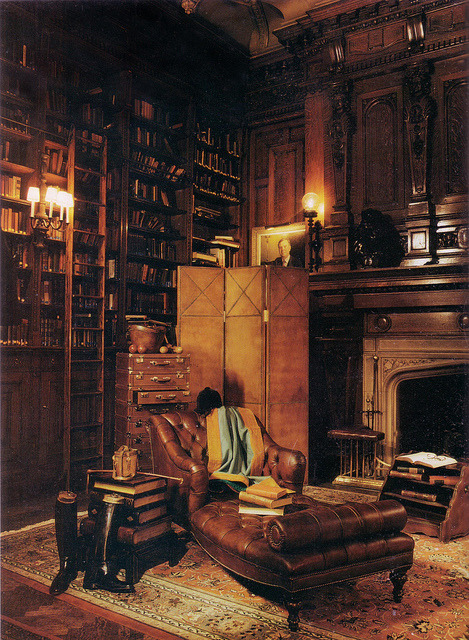I saw this photo today. And for some strange reason, I just stared at it for a long long time.

this is just an amazing image. this is my dream place…and I WILL have it :)
A daily dose of odds and sods, some interesting, some bizarre, some funny, some thought provoking items which I have stumbled across the web. All to be taken with a grain of daily salt!!
I saw this photo today. And for some strange reason, I just stared at it for a long long time.

this is just an amazing image. this is my dream place…and I WILL have it :)
heh.
The unprecedented popularity of the social networking site Facebook raises a number of important questions regarding the impact it has on sociality. However, as Facebook is a very recent social phenomenon, there is a distinct lack of psychological theory relating to its use. While research has begun to identify the types of people who use Facebook, this line of investigation has been limited to student populations. The current study aimed to investigate how personality influences usage or non-usage of Facebook. The sample consisted of 1324 self-selected Australian Internet users (1158 Facebook users and 166 Facebook nonusers), between the ages of 18 and 44. Participants were required to complete an online questionnaire package comprising the Big Five Inventory (BFI), the Narcissistic Personality Inventory – 29-item version (NPI-29), the Revised Cheek and Buss Shyness Scale (RCBS), and the Social and Emotional Loneliness Scale for Adults – Short version (SELSA-S). Facebook users also completed a Facebook usage questionnaire. The results showed that Facebook users tend to be more extraverted and narcissistic, but less conscientious and socially lonely, than nonusers. Furthermore, frequency of Facebook use and preferences for specific features were also shown to vary as a result of certain characteristics, such as neuroticism, loneliness, shyness and narcissism. It is hoped that research in this area continues, and leads to the development of theory regarding the implications and gratifications of Facebook use.
Well, i always thought that the best way to survive an elevator accident which is in free fall is to just pray. Well, more importantly, to jump just before it crashes. it was an idle thought, of course you cannot really figure out when exactly to jump as you don't have any external references and you will end up into a little paste. So this article tells you what to do, the answer is “lay down flat with your back to the ground”to spread the impact.
You are right, kids. We do have too many books. We also have a ton of e-books. But this was the best overview that I've read about the basic difference between an ebook and a physical book. There are differences kids. We have so many rare and antiquarian books. The difference I'm seeing in reading a book published in the 18th century versus the same book downloaded fromarchive.com is so different. You have a sense of reverence and history when you're reading a book. A feeling of togetherness with the ancients.
Still form and functionality are being diverged. Bit sad but we have to move with the times.
Love
Baba
But Is It a Book? - Wired Campus - The Chronicle of Higher Education
http://chronicle.com/blogs/wiredcampus/but-is-it-a-book/38001
Editor’s Note: Jennifer Howard spent a week in early July at the University of Virginia’s Rare Book School, taking a course on “Born-Digital Materials: Theory & Practice.” This is the first in a series of posts on the experience.
Charlottesville, Va. — What makes a book a book? For Michael F. Suarez, director of the Rare Book School at the University of Virginia, a collection of texts on an e-reader doesn’t qualify in the fullest sense.
Over macaroni and cheese in early July at the Virginian, an eatery across from the university’s Grounds, Mr. Suarez talked with The Chronicle about how much more there is to a book than the words that go into it.
“When you take the text of Moby-Dick and pour it into a Kindle, you strip out the bibliographic codes and you strip out the social codes,” he says. “You lose that hermeneutic surplus of meaning that the book is.”